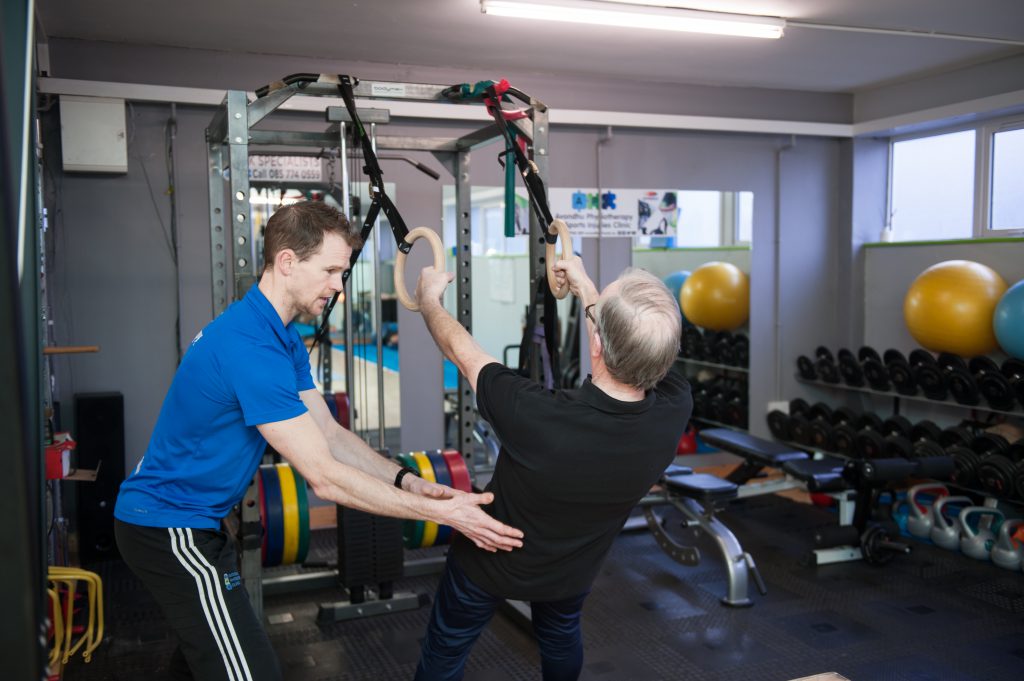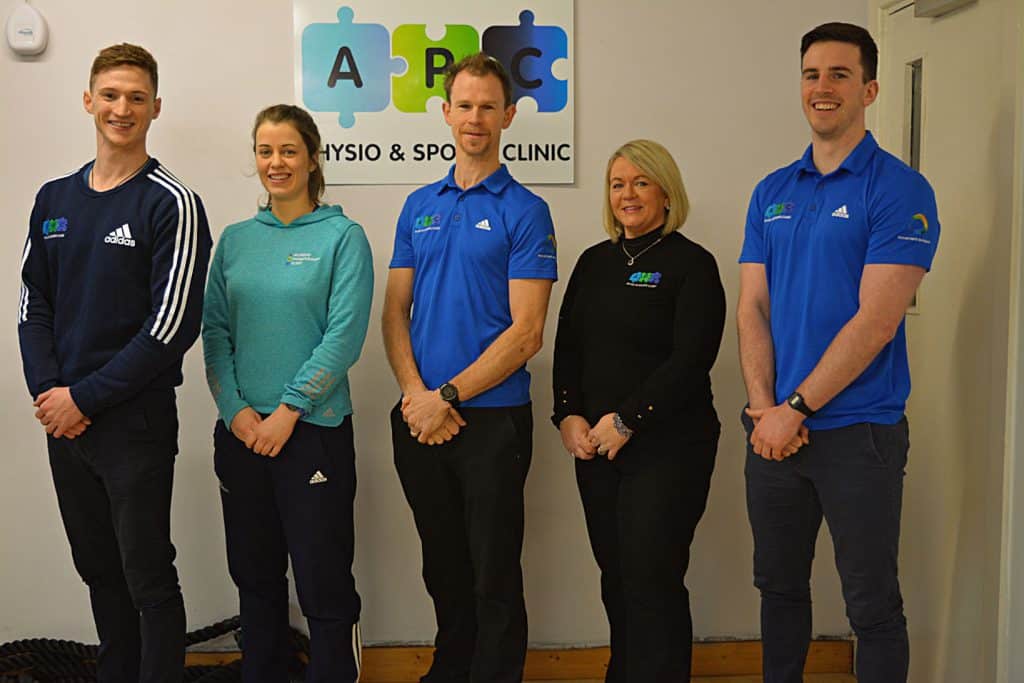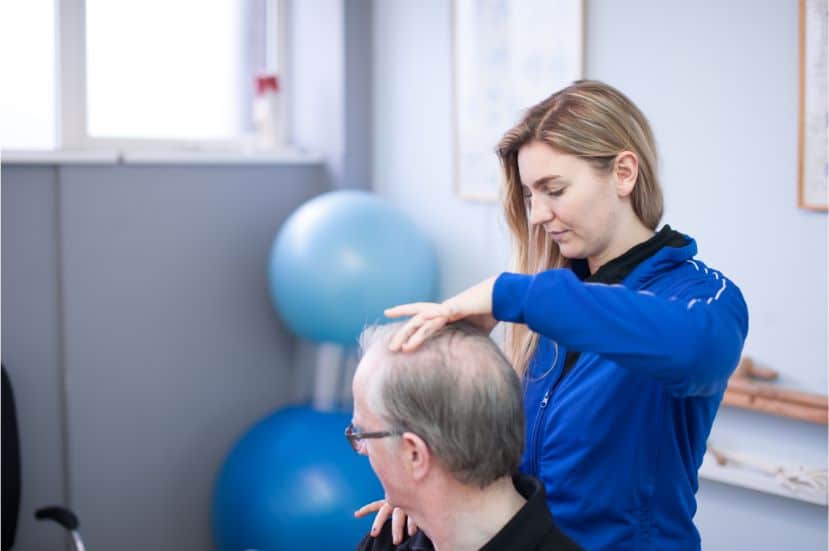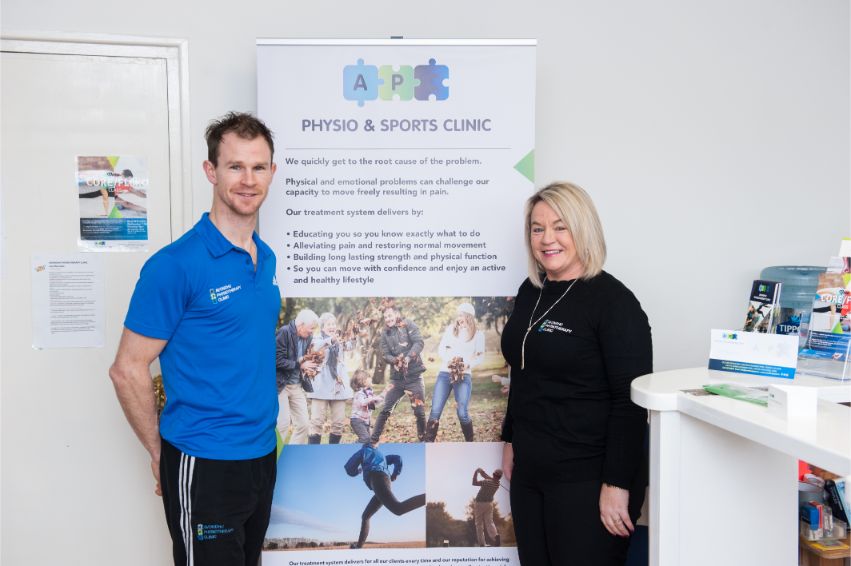Whiplash Physiotherapy Treatment helps people recover after a road traffic accident (RTA) or an awkward fall.
Whiplash Physiotherapy Treatment is often required after a sudden forceful forward & backwards or side to side movements which happen around the point of impact.
The resulting sequence of events can present is any combination of the following; pain, stiffness, limited ability to move or turn the neck or back, the head may feel heavy and headaches are not uncommon. Your body may feel much weaker than normal and even sluggish.
On top of these there is a big element of fear and uncertainty of what one is supposed to do.
- Is it okay to use ice or heat?
- How long does whiplash physiotherapy treatment take to work?
- Can I take anti inflammatories or not?
- Should I try to keep moving or should I stop completely?
- If I move am I at risk of causing more damage and/or pain?
- When will I be able to drive again?
- How long before I’m able to get back to work safely?
- Will I be able to play sports again after suffering a whiplash sports injury?
These are all very reasonable questions prior to receiving Whiplash Physiotherapy Treatment, particularly one that carries the stigma of whiplash.
If you take nothing from this article take this piece of advice. Try not to listen to the advice of the ‘hurler on the ditch’ or that person who knows a little about whiplash physiotherapy treatment. In the vast majority of cases it is general advice at best and is highly unlikely to consider what exactly is going in the context of your neck or back.
Most of the time people end up in even more fear and this causes them to tense up even more.
Before this happens this is why you should call APC PHYSIO CLINIC to speak to one of our back specialists with over 10 years experience getting people moving again, pain free.
Many of our clients feel much better and often feel better by using some of the whiplash advice we provide over the phone that will help until you get into the clinic.
Some need to know advice about what can happen to your body after such a collision, be it a fall or a road traffic accident (RTA).
The main problems that people come to our clinic for a whiplash event include pain, limited movement and uncertainty of what to do next.
This is why our WHIPLASH physiotherapy treatment package includes a combination of hands on assessment and treatments. Specific exercises to reduce muscle spasm, improve spinal movement and build confidence. We help you understand exactly what is going on with your neck or back so that you will quickly see results week on week. At APC, we have Personal Training and Rehabilitation Classes to help you rebuild your strength after suffering whiplash.

Our WHIPLASH Phyiotherapy Treatment package can also include reports for work or insurance companies as required.
Like everything there are success stories and there are failures. We know what it takes to get a person back on track after a whiplash injury.
Some people get better quickly, some are slower to progress for various reasons that we would discuss in the clinic is outside the scope of this article.
Success rates are much higher in our committed clients:
- who start physiotherapy early following their whiplash injury
- who stick to the treatment plan and do their rehabilitation exercises well.
Over the course of their treatment & rehabilitation they:
- steadily reduce their pain,
- build strength
- Improve confidence
- return back into work
- get back to their chosen sport.
It is important to be aware that some whiplash problems can take anything from 6 weeks to 6 months and beyond to get fully right. This is where our experience can guide you to get back on track ASAP without the problem recurring.
One of the main things that people find great about our approach is that we listen to all of the small details about a person’s injury.
From the ‘get go’ we really help people understand what is going on with them so that they can pick themselves up and take proactive steps to getting better.

If you have any other queries or you are not quite sure where to begin, feel free to contact us online here, via email, or over the phone.
You can also avail of a free 15-minute physio consultation in the clinic with one of our physiotherapists to discuss your whiplash injury.
You can book online at https://apcphysio.ie/speak-with-physio/ Or Give us a call on 02535015 Fermoy Main Office or APC Cork, Club Vitae Clinic calls can be made to 085 7740559 today to talk through any questions and concerns you may have. Thanks for reading!

